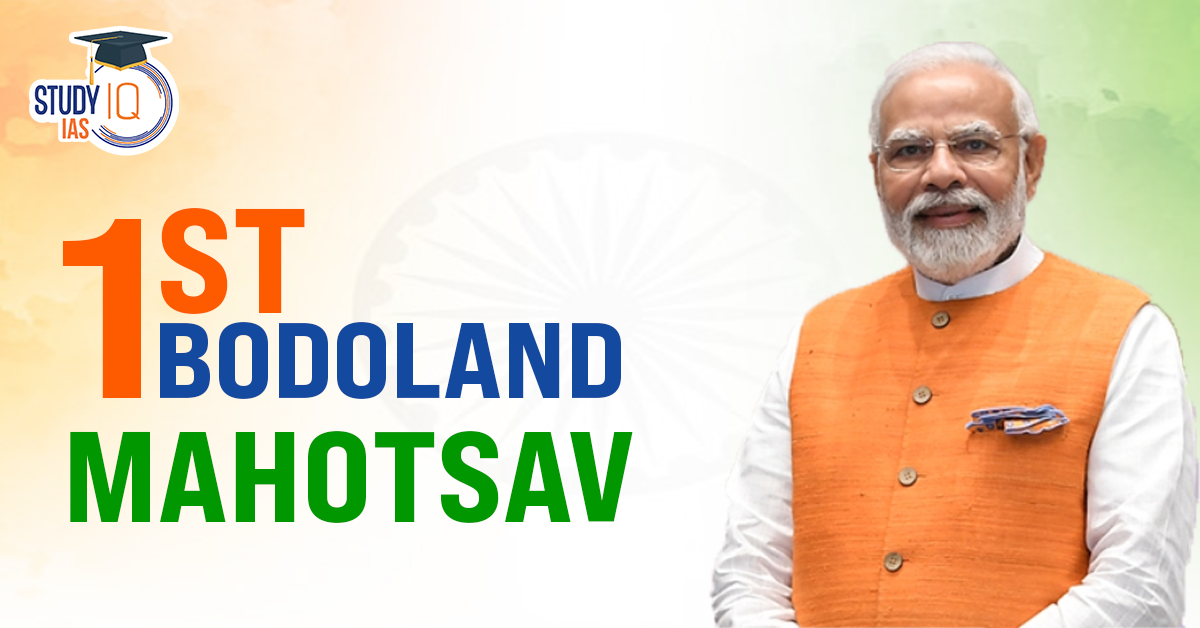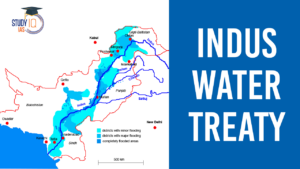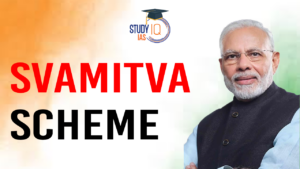Table of Contents
Context
The Prime Minister recently inaugurated the 1st Bodoland Mahotsav in Delhi, a cultural and literary festival aimed at fostering peace and promoting the vibrant culture of the Bodo people.
About Bodoland Mahotsav
The 1st Bodoland Mahotsav is a significant event celebrating the language, literature, and culture of the Bodo community.
Key Highlights:
- Duration: A 2-day event focusing on cultural integration and awareness.
- Objective:
- To sustain peace and harmony in the region.
- To promote the rich and diverse heritage of the Bodo people.
- To build a vibrant and united Bodo society.
- Inclusivity:
The event brings together indigenous Bodo communities from:- Bodoland and other parts of Assam.
- Neighboring regions like West Bengal, Nepal, and international border areas of Northeast India.
Who Are the Bodo People?
The Bodo people are one of the largest ethnolinguistic groups in Assam and hold a unique place in the cultural landscape of Northeast India.
Key Features of the Bodo People:
- Historical Background:
- Believed to have migrated from Tibet and China during prehistoric times.
- Considered one of the earliest settlers in Assam.
- Language:
- The Bodo language, or Boro, is part of the Tibeto-Burman language family.
- It is one of India’s 22 Scheduled Languages under the 8th Schedule of the Constitution.
- Culture:
- Known for their traditional dances, songs, and handicrafts.
- Practice Bathouism, an ethnic religion dedicated to worshipping “Siju” (a holy tree symbolizing the deity Bathou).
- Geographical Distribution:
- Predominantly found in the Bodoland Territorial Region (BTR) of Assam.
- Smaller populations reside in West Bengal, Nepal, and other parts of Northeast India.
About Bodoland
The Bodoland Territorial Region (BTR) is an autonomous area in Assam that plays a crucial role in the socio-political landscape of Northeast India.
Key Details:
- Formation and Governance:
- Established in 2003 under the provisions of the 6th Schedule of the Indian Constitution, which grants special autonomy to tribal regions.
- Governed by the Bodoland Territorial Council (BTC).
- Geographical Scope:
- The region comprises four districts: Kokrajhar, Baksa, Udalguri, and Chirang.
- Significance:
- Created as part of the Bodo Accord to address demands for autonomy and better governance for the Bodo people.
- Acts as a key political and cultural hub for the Bodo community.
- Development Initiatives:
- Recent peace accords and agreements have focused on economic development, education, and cultural preservation in the region.
Importance of the Bodoland Mahotsav
- Cultural Preservation:
- The Mahotsav promotes the rich cultural and linguistic heritage of the Bodo people.
- Social Integration:
- It fosters unity among Bodo communities living in different regions.
- National Awareness:
- The festival highlights the importance of inclusivity and diversity in India’s socio-cultural fabric.
- Tourism and Development:
- Promotes Bodoland as a cultural destination, encouraging tourism and economic opportunities in the region.


 Indus Water Treaty 1960 Suspended by Ind...
Indus Water Treaty 1960 Suspended by Ind...
 5 Years of SVAMITVA Scheme and Its Benef...
5 Years of SVAMITVA Scheme and Its Benef...
 Places in News for UPSC 2025 for Prelims...
Places in News for UPSC 2025 for Prelims...





















